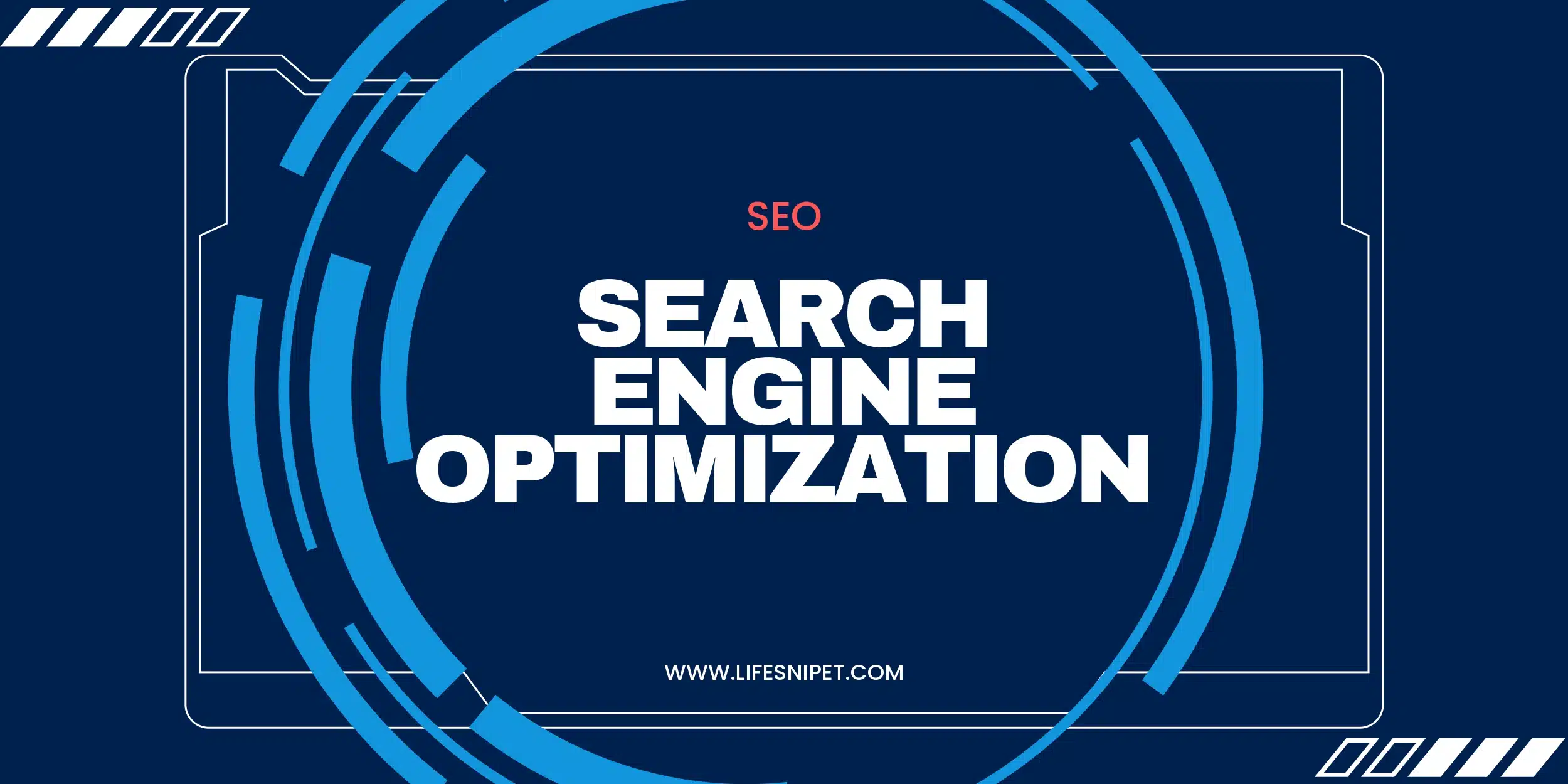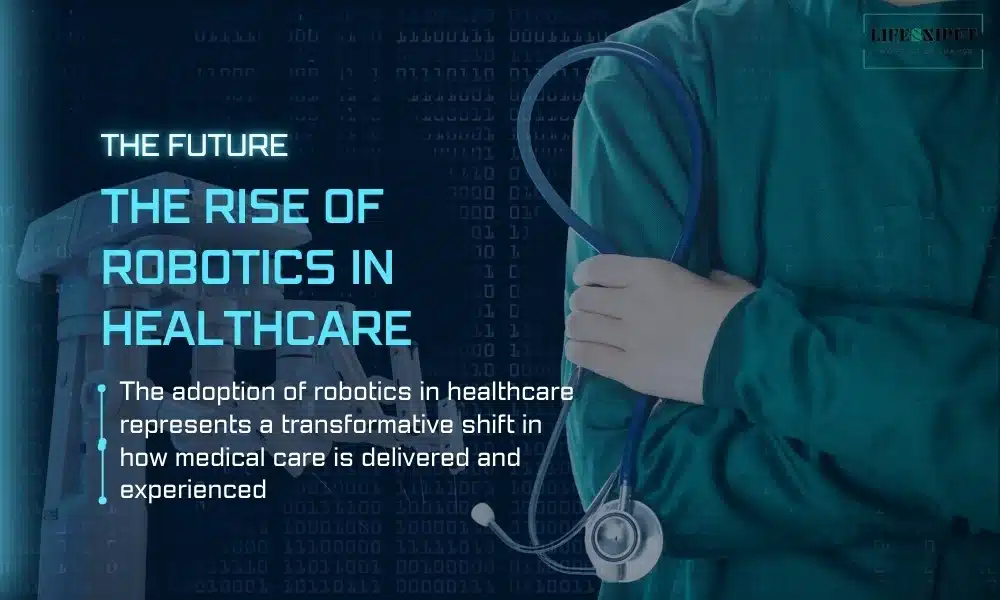As technology continues to advance, the healthcare industry is also evolving to keep up with the changing times. One major development in recent years is the shift towards electronic health records (EHR) systems. In this article, I will guide you through the process of building an EHR system in 2024. We will explore the importance of an EHR system in healthcare, the benefits it offers, the key features to consider, the challenges in development, and how to choose the best healthcare software development company for this task.
What is an Electronic Health Record (EHR) System?
An Electronic Health Record (EHR) system is a digital platform that stores and manages patient health information electronically. It replaces the traditional paper-based records, making it easier for healthcare providers to access and share patient data. An EHR system typically includes patient demographics, medical history, diagnoses, medications, allergies, immunizations, lab results, and more. It serves as a comprehensive and centralized repository of patient information, accessible by authorized healthcare professionals.
Importance of Electronic Health Record (EHR) System in Healthcare
The implementation of an Electronic Health Record (EHR) system brings numerous benefits to the healthcare industry. Firstly, it improves the quality of patient care. With quick access to accurate and up-to-date patient information, healthcare providers can make better and more informed decisions. This leads to improved diagnosis, treatment, and overall healthcare outcomes. Additionally, an EHR system enhances care coordination among different healthcare providers. It allows for seamless sharing of patient data, reducing the chances of medical errors and improving the continuity of care.
Furthermore, an EHR system promotes patient engagement. Patients can access their health records, enabling them to take an active role in managing their health. This empowers patients to make informed decisions, leading to better health outcomes. Moreover, an EHR system improves operational efficiency in healthcare organizations. It eliminates the need for manual paperwork, reduces administrative tasks, and streamlines workflows. This saves time and resources, allowing healthcare providers to focus more on patient care.
Benefits of Having Your Own Electronic Health Record (EHR) Software
Having your own EHR software offers several advantages. Firstly, it provides a tailored solution that aligns with your specific needs and workflows. Off-the-shelf EHR systems may not fully meet your requirements, but with customized software, you can ensure that it fits seamlessly into your organization. Secondly, having your own EHR software gives you more control over your data. You can implement robust security measures, ensuring that patient information remains confidential and protected.
Moreover, owning your EHR software allows for scalability and flexibility. As your organization grows, you can easily expand and upgrade the system to accommodate the increasing demands. Additionally, you can integrate the EHR software with other healthcare systems, such as billing and scheduling, creating a unified platform for efficient operations. Lastly, having your own EHR software provides a competitive edge. It demonstrates your commitment to quality patient care and technological advancement, attracting more patients and potential partnerships.
What are the Important Features of Electronic Health Record (EHR) Software?
When building an Electronic Health Record (EHR) software, it is crucial to consider the key features and functionalities. Firstly, the software should have a user-friendly interface that is intuitive and easy to navigate. This ensures that healthcare professionals can quickly and efficiently access patient information. Additionally, interoperability is essential. The EHR software should be able to seamlessly exchange data with other healthcare systems, such as laboratory systems or pharmacy systems.
Furthermore, the software should have robust data security measures in place. It should comply with regulations such as the Health Insurance Portability and Accountability Act (HIPAA) to ensure the confidentiality and integrity of patient information. Moreover, the EHR software should have customizable templates and forms to accommodate different medical specialties and workflows. This allows healthcare providers to document patient encounters accurately and efficiently.
Additionally, the software should support clinical decision support systems (CDSS) to assist healthcare professionals in making evidence-based decisions. CDSS can provide alerts for drug interactions, recommend appropriate treatments based on patient conditions, and offer clinical guidelines. Furthermore, the EHR software should have robust reporting and analytics capabilities. It should be able to generate meaningful reports and insights from the collected data, helping healthcare organizations improve their services and operations.
Evaluating Key Features and Functionality Before Choosing the EHR Software
Before choosing an Electronic Health Record (EHR) software for your organization, it is essential to evaluate the key features and functionality. Firstly, consider the ease of use and user experience. The software should be intuitive and require minimal training for healthcare professionals to adapt to it. Additionally, assess the interoperability capabilities. The EHR software should be able to integrate with other systems seamlessly, facilitating efficient data exchange.
Moreover, evaluate the data security measures implemented by the EHR software. Ensure that it complies with HIPAA and other relevant regulations to protect patient information. Furthermore, consider the customization options. The software should be flexible enough to adapt to your organization’s specific needs and workflows. Additionally, assess the scalability and performance of the software. It should be able to handle the increasing data volume and user load as your organization grows.
Lastly, consider the support and maintenance provided by the software vendor. Ensure they offer reliable customer support and regular software updates to address any issues or security vulnerabilities. By thoroughly evaluating these key features and functionalities, you can choose an EHR software that best suits your organization’s requirements.
Challenges in EHR Software Development
Building an Electronic Health Record (EHR) software comes with its own set of challenges. Firstly, interoperability remains a significant challenge. Integrating the EHR software with existing healthcare systems can be complex due to different data standards and formats. Additionally, ensuring data security and compliance with regulations such as HIPAA requires robust security measures and regular audits. Moreover, managing and organizing vast amounts of patient data can be challenging, as it requires efficient algorithms and database management.
Furthermore, user adoption and training pose a challenge. Healthcare professionals may be resistant to change and may require extensive training to adapt to the new system. Additionally, ensuring a smooth transition from paper-based records to electronic records can be time-consuming and resource-intensive. Moreover, building an EHR software that is scalable and can handle the increasing data volume and user load can be technically challenging.
Technology Used in EHR Software Development
Electronic Health Record (EHR) software development relies on various technologies to ensure its functionality and performance. Firstly, the software is typically built using web-based technologies such as HTML, CSS, and JavaScript. This allows for cross-platform compatibility and accessibility from any device with a web browser. Additionally, server-side technologies such as Node.js or Java are used to handle the business logic and data processing.
Moreover, databases such as MySQL or PostgreSQL are used to store and manage patient data securely. These databases offer robust features for data organization, retrieval, and indexing. Furthermore, data exchange and interoperability are facilitated through technologies such as HL7 (Health Level Seven) or FHIR (Fast Healthcare Interoperability Resources). These standards ensure that different healthcare systems can communicate and exchange data seamlessly.
Additionally, technologies such as artificial intelligence and machine learning are being integrated into EHR software development. These technologies enable intelligent decision support, predictive analytics, and automated processes, improving the overall efficiency and accuracy of the system.
How to Implement Data Security and Compliance with HIPAA and Other Regulations?
Implementing data security and ensuring compliance with regulations such as HIPAA is of utmost importance in Electronic Health Record (EHR) software development. Firstly, access control measures should be implemented to ensure that only authorized healthcare professionals can access patient information. This includes strong user authentication, role-based access control, and audit logs to track access and modifications.
Additionally, data encryption should be employed to protect patient information during transmission and storage. This ensures that even if the data is intercepted, it remains unreadable and secure. Furthermore, regular security audits and vulnerability assessments should be conducted to identify and address any potential security vulnerabilities.
Moreover, data backup and disaster recovery plans should be in place to ensure the availability and integrity of patient data. This includes regular backups, off-site storage, and testing of recovery procedures. Additionally, staff training and awareness programs should be conducted to educate healthcare professionals on data security best practices and the importance of compliance.
How to Choose the Best Healthcare Software Development Company for EHR Software Development in 2024?
Choosing the best healthcare software development company for Electronic Health Record (EHR) software development requires careful consideration. Firstly, evaluate the company’s experience and expertise in healthcare software development. Look for companies that have a proven track record of successfully delivering EHR software solutions.
Additionally, consider the company’s knowledge of healthcare regulations and standards, such as HIPAA. Ensure that they have a deep understanding of the compliance requirements and can implement robust security measures.
Furthermore, assess the company’s ability to provide ongoing support and maintenance. Building an EHR software is a long-term commitment, and you need a reliable partner who can address any issues or updates that may arise.
Moreover, consider the company’s approach to user experience and user-centered design. The software should be intuitive and easy to use for healthcare professionals, promoting efficient workflows and minimizing user resistance.
Lastly, evaluate the company’s communication and collaboration capabilities. Effective communication and collaboration are essential for successfully developing an EHR software system. Ensure the company has a transparent and collaborative approach to keep you involved throughout development.
Electronic Health Record (EHR) Software Development Cost
The cost of developing an Electronic Health Record (EHR) software can vary depending on several factors. Firstly, the complexity and scope of the software play a significant role. A more comprehensive and feature-rich system will require more development time and resources, thus increasing the cost.
Additionally, the technology stack used can impact the development cost. Technologies that require specialized expertise or licensing fees may add to the overall cost. Furthermore, the level of customization required can affect the cost. Tailoring the software to your organization’s specific needs and workflows may require additional development effort and resources.
Moreover, ongoing support and maintenance should be considered in the cost estimation. Regular updates, bug fixes, and customer support services may incur additional costs.
Lastly, choosing a healthcare software development company can also influence the cost. Companies with higher expertise and reputations may charge higher rates for their services.
To get an accurate cost estimation for your EHR software development project, it is recommended to consult with multiple software development companies and discuss your specific requirements in detail.
Conclusion
Building an Electronic Health Record (EHR) system in 2024 is a complex and crucial task for healthcare organizations. It offers numerous benefits, including improved patient care, care coordination, engagement, and operational efficiency. When building an EHR software, it is essential to consider the key features and functionalities, evaluate the challenges, and choose the best healthcare software development company. By following these guidelines, you can ensure the successful development and implementation of an EHR system that meets your organization’s specific needs.
FAQs
Q: What is an EHR system?
A: An Electronic Health Record (EHR) system is a digital platform that stores and manages patient health information electronically.
Q: What are the benefits of having an EHR system?
A: An EHR system improves patient care, care coordination, engagement, and operational efficiency.
Q: What are the important features of EHR software?
A: Important features of EHR software include a user-friendly interface, interoperability, data security, customizable templates, clinical decision support systems, and reporting/analytics capabilities.
Q: How to choose the best healthcare software development company for EHR software development?
A: Consider the company’s experience, knowledge of healthcare regulations, ongoing support, user experience approach, and communication/collaboration capabilities.
Q: What is the cost of developing EHR software?
A: The cost depends on the complexity, technology stack, customization, ongoing support, and the choice of software development company.

Welcome to LifeSnipet! At LifeSnipet, we’re your ultimate source for the latest health updates. Specializing in health and fitness-related diseases, we delve deep into Ayurvedic techniques, providing you with a comprehensive understanding of well-being. Explore our real-time updates, detailed articles, and ancient Ayurvedic wisdom for a holistic approach to health. Embark on a journey to a healthier, vibrant life with LifeSnipet – where your well-being is our priority!











